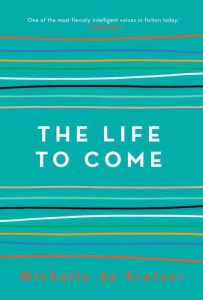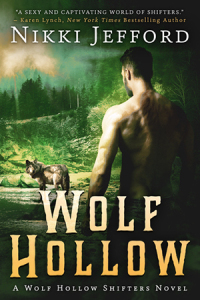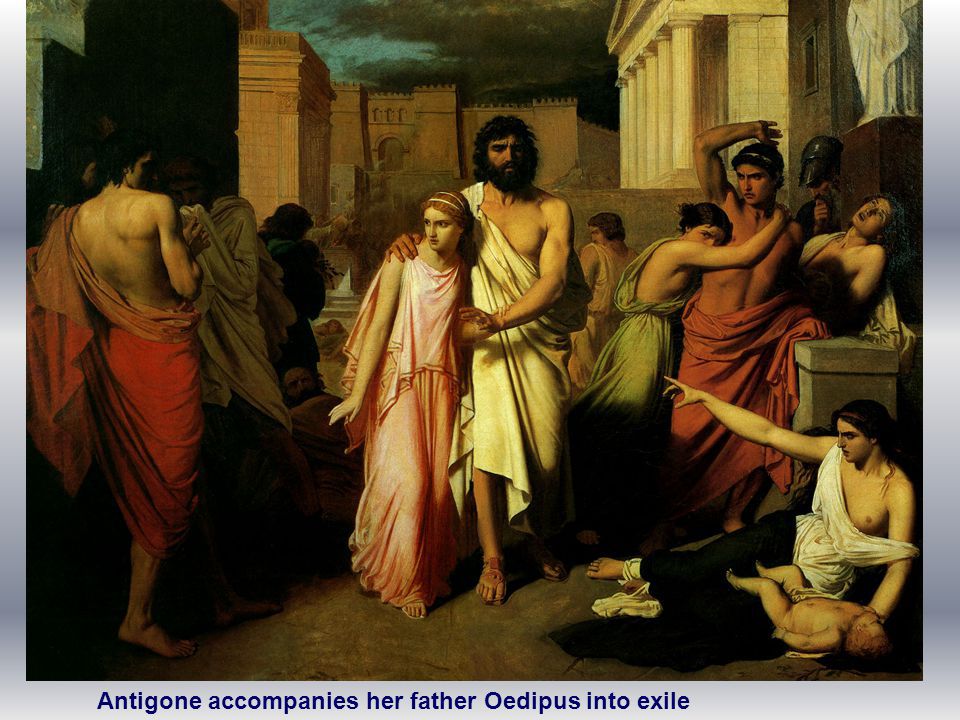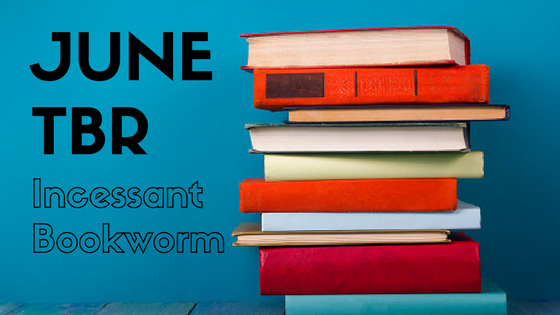Eloisa James is a good romance writer; I won’t say she’s great because that’s a tremendously high watermark, but she holds her ground. Her heroines often find ways to mingle in society but still be contrary; often her characters are believable. Her heroes tend to be men’s men, and this I feel lets her books down a bit.
 For example, in Wilde in Love, her hero (furthermore to be called Wet Shirt) is likened to a bull presented with a red flag when he sees that the heroine (Reading Glasses) isn’t totally into him. Reading Glasses isn’t indifferent, really; she doesn’t want to get swept up in the social pressure of all the other women bending over backwards to get in Wet Shirt’s good graces. But for some reason, this drives Wet Shirt mad with lust.
For example, in Wilde in Love, her hero (furthermore to be called Wet Shirt) is likened to a bull presented with a red flag when he sees that the heroine (Reading Glasses) isn’t totally into him. Reading Glasses isn’t indifferent, really; she doesn’t want to get swept up in the social pressure of all the other women bending over backwards to get in Wet Shirt’s good graces. But for some reason, this drives Wet Shirt mad with lust.
This is only the beginning of Wet Shirt’s hypermasculine behavior. He can give looks that scare lesser men away; in fact, all other men beside him appear to be boys: there’s no competing with his raw virility. He thinks virgins are sexy (hah), and he smells good all on his own. In fact, his smell makes all the virgins weep. When he does something girly – like carry a wicker basket with a cute baby skunk inside – it only makes him more masculine. (Yes, they do address skunky smells in the book; it’s the crux of the plot, and therefore not a floater.) Wet Shirt has “honorable eyes and hungry kisses” (200), an oxymoron if ever there was one. He thinks about Reading Glasses’s lips as though they are separate from her (she’s a whole person, dammit!), and he thinks that her sexually-awakened smile is girl-like. I am shuddering delicately.
So sure, Wilde in Love was pretty good, particularly because the next book in the series could be better – and might even be original. (GASP!!)
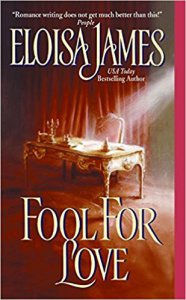 Fool for Love, an earlier book, is also okay; you have The Dandy and Gimpy. The Dandy isn’t looking for a life partner until he falls for Gimpy, a woman who isn’t slated for marriage because her limp implies that she wouldn’t survive childbirth. Of course, she’s fine birthing kids at the end of the book, but the whole procedure is fraught with the standard ‘I-mustn’t-but-I-wish-to’ and works out for everyone.
Fool for Love, an earlier book, is also okay; you have The Dandy and Gimpy. The Dandy isn’t looking for a life partner until he falls for Gimpy, a woman who isn’t slated for marriage because her limp implies that she wouldn’t survive childbirth. Of course, she’s fine birthing kids at the end of the book, but the whole procedure is fraught with the standard ‘I-mustn’t-but-I-wish-to’ and works out for everyone.
I have a few notes, though. First, you can’t taste emotions or sounds when you kiss someone. You can feel them, you can intuit them, but you can only taste…tastes. Second, the word ‘tummy’ should only be used in reference to toddlers. Period. Using that word to speak of a woman’s belly or stomach is creepy, particularly if you use it again to talk about a naked five year old a scant twelve pages later. It’s gross.
But really, what annoyed me about the book was how, when they first had sex, The Dandy told Gimpy that she would give permission at every stage: he would only do what she’d told him to. This is an excellent strategy to go for, but really only if you follow through. He did not follow through, and so ended up moving on his own schedule. Sure, she didn’t say no – but she didn’t say anything. That’s the problem.
I’m trying rather hard not to kvetch too hard about these books, because I did genuinely enjoy reading them. Unfortunately, they are like Mexican food. Great while it’s happening, but a dismal mistake later. I’m not going to say I’m going to eschew reading these stories in the future, but I will get flashes to Pop Culture Disorder’s episodes on the dynamics between men and women; there are a couple about The Big Bang Theory, and about toxic masculinity itself.
In these cases, I think about the difference between hegemonic masculinity and hypermasculinity. Hegemonic masculinity is James Bond: a buff guy in control of his situation who is good at what he does and who can hold his liquor like nobody’s business. Hypermasculinity is taking that trope much too far: masculinity becomes the marker by which men measure other men, devalues women and emotions, and is entirely goal-based. Most romance novel heroes are mainly the former, but can dip into the latter; they do this with regularity and they pander to what readers think they want. But is it really? I have read many romance novels that I have both enjoyed but at the same time questioned: Would I want anyone to treat me this way?
I’d rather not answer ‘no’ so much.
Advertisements Share this: